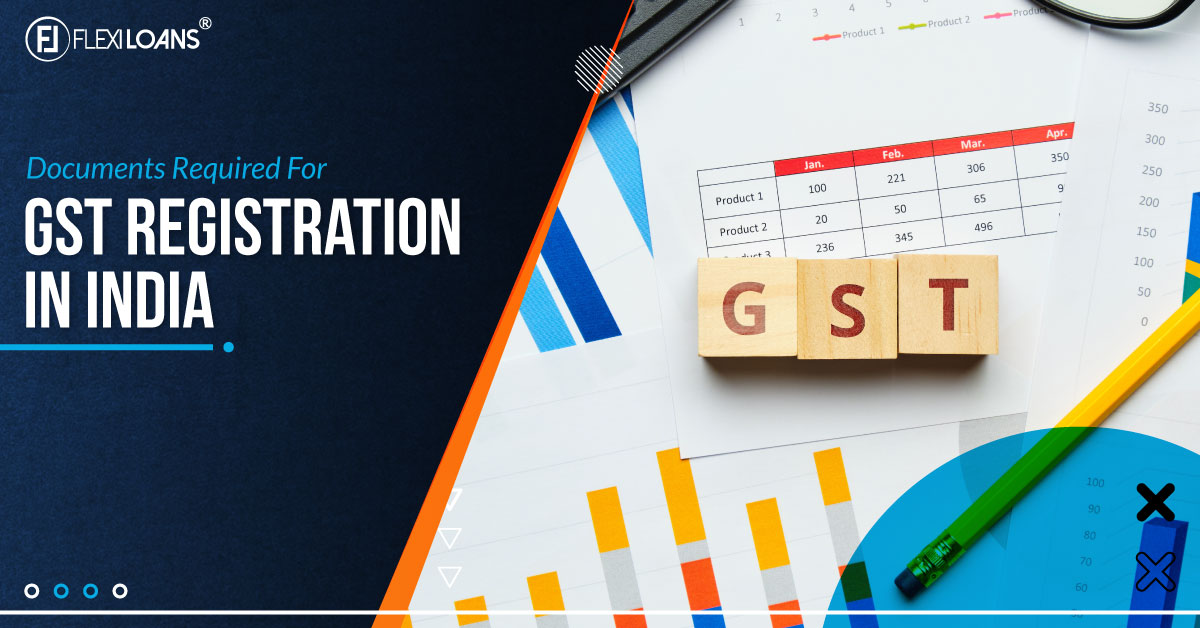How to Navigate Singapore GST Registration for Your Company
How to Navigate Singapore GST Registration for Your Company
Blog Article
The Ultimate Overview to Streamlining the GST Registration Refine and Demands for Local Business Owners

Recognizing GST Essentials
To comprehend the fundamentals of the Product and Services Tax (GST) system, small company owners have to first recognize its underlying ramifications and concepts. GST is a value-added tax obligation imposed on many products and services for domestic consumption. It intends to streamline the taxes procedure by replacing several indirect taxes imposed by the state and main governments. Under the GST routine, businesses are called for to gather and register tax in support of the government, making certain transparency and conformity.
One of the key concepts of GST is input tax credit scores, which enables services to claim credit rating for tax obligations paid on their acquisitions. This mechanism avoids the cascading effect of tax obligations and promotes performance in the tax system. In addition, GST is a destination-based tax obligation, implying that the tax is imposed at the point of consumption instead than the factor of origin. This guarantees fair circulation of tax obligation income among states based upon where the solutions or items are taken in. Comprehending these standard concepts is vital for tiny service proprietors to navigate the complexities of the GST system and guarantee conformity with the legislation.
Qualification Standards for Enrollment
Having actually developed a foundational understanding of GST principles, local business proprietors should currently fulfill particular qualification standards to proceed with the enrollment procedure. In India, entities participated in the supply of products or services with a yearly aggregate turnover exceeding Rs. 40 lakhs (Rs. 10 lakhs for unique classification states) are called for to sign up for GST. Furthermore, particular services such as those entailed in inter-state supply of products, informal taxable individuals, and those called for to pay tax obligation under the reverse cost system must sign up for GST irrespective of their turnover. Moreover, organizations that were signed up under the previous tax routine (VAT, service tax, and so on) are also mandated to sign up under GST. Farming services that only provide generate out of main production are exempt from GST registration. It is essential for company owner to meticulously evaluate their qualification based on these standards to make certain compliance with the regulation and prevent any charges for non-compliance.
Files Required for GST Enrollment

Simplified Enrollment Refine Steps
Adhering to the collection and verification of the requisite records, the enrollment process for GST can be browsed through a series of streamlined steps created to help with effective compliance for little business proprietors. The primary step includes seeing the GST site and choosing the 'New Registration' option. Consequently, the applicant has to complete Part A of the GST REG-01 form with information such as PAN, mobile number, and e-mail address to get an OTP for verification. When the OTP is obtained and entered, a Short-term Recommendation Number (TRN) is created for additional procedures. The next action needs filling up out Part B of the type with required organization details, submitting sustaining records, and finishing the verification process using DSC or EVC. Upon effective verification, an Application Reference Number (ARN) is released, suggesting the completion of the GST registration process. By following these simplified steps, local business owners can effectively sign up for GST and make sure conformity with tax obligation laws.
Tips for Ensuring Conformity
To keep governing adherence and functional honesty, diligent oversight and aggressive actions are pivotal in making certain compliance with GST needs for little company owners. Little service proprietors need to stay updated with GST regulations, submitting target dates, and any kind of modifications in tax rates to prevent charges and preserve a great standing with tax authorities. Participating in GST awareness workshops or training programs can enhance understanding and compliance with GST laws, ultimately benefiting the company in the lengthy run.
Conclusion
In conclusion, tiny business proprietors have to comprehend the fundamentals of GST, meet the qualification criteria, collect required papers, and adhere to the simplified enrollment procedure steps to make certain compliance. By streamlining the GST enrollment procedure and needs, local business proprietors can prevent fines and operate their services smoothly within the legal framework - Singapore GST Registration. It is critical for local business owners to remain compliant here and educated with GST guidelines to preserve an effective service procedure
Little organization owners seeking GST registration should ensure they collect and submit the essential papers to complete the registration process efficiently. The documents required for GST enrollment normally include proof of service enrollment or consolidation, FRYING PAN (Permanent Account Number) card of the company address, entity and identification evidence of the promoters/partners/directors, photographs, address proof of the place of service, bank account declarations or canceled cheques, and permission forms. Attending GST awareness workshops or training programs can improve understanding and compliance with GST laws, ultimately benefiting the organization in the long run.
By streamlining the GST registration process and demands, little business owners can stay clear of charges and run their organizations smoothly within the lawful structure. It is important for little service owners to stay compliant and enlightened with GST regulations to keep a successful business procedure.
Report this page